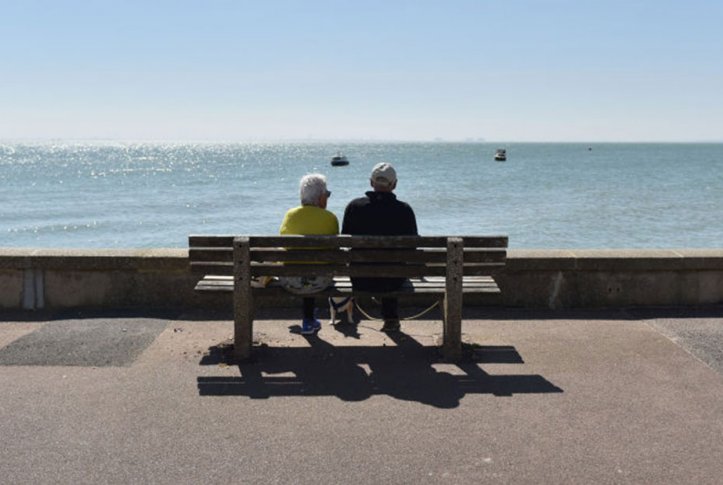As Americans heed the advice of public health and government officials to remain physically distanced from neighbors, friends, and relatives to fight the coronavirus, another epidemic is exacerbated — social isolation. This can result in loneliness, and the negative consequences can be severe: an increased risk of heart disease, depression, dementia, and even death.
Social isolation is certainly not just an American phenomenon. A 2017 Commonwealth Fund study of 11 high-income countries showed that between 10 percent and 30 percent of adults 65 and older report feeling isolated from others. Several countries have implemented programs to address the problem, especially for elderly people and those with underlying health conditions — the same populations with the highest risk of developing severe cases of COVID-19.
Strategies from European Countries
The interventions from other countries include low-tech community-based programs, high-tech digital approaches, nurse-led care coordination models, and proactive national policies to reduce loneliness.
Mobilizing Volunteers. Several countries have organized volunteer telephone support services to help connect with older adults. In Ireland, Friends of the Elderly schedules regular phone calls between older adults and trained part-time volunteers. A similar program in Canada, called Friendly Phone Program, is organized by the local Red Cross. It matches seniors with volunteers who call for weekly check-ins. Also in Canada, the Alberta Seniors’ Centre Without Walls is a free phone-based program that offers recreational activities, health and well-being programing, and friendly conversation for older adults. In Australia, a national nonprofit, Friends for Good, offers a telephone hotline and online chat for anyone who is lonely, regardless of age. Trained volunteers are available to engage immediately, avoiding any delay in getting connected.
Digital Solutions. A Norwegian company, No Isolation, developed a “one-button computer” designed to help people with no experience using smartphones or computers. With an internet connection and a power outlet, it can stream photos, send or receive messages, and conduct video calls. Currently the product is available in eight European countries.
Primary Care Models. A third strategy builds on existing primary care models that can be adapted to use remote communication to maintain social connections. As part of the Proactive Primary Care Approach for the Frail Elderly (U-PROFIT) in the Netherlands, nurses assess patients’ health and social needs or issues, including loneliness, using a structured questionnaire. If patients screen positive for loneliness, a nurse follows an evidence-based protocol, which can include building a social district team involving informal caregivers and community volunteers to work with the patient and primary care practitioners to increase social interactions. Another Dutch model, Better Together in Amsterdam North, relies on a case manager to integrate health and social services. After a structured assessment that includes a loneliness scale, the primary care practitioners work closely with the case manager, the patient, and local social service providers to develop an individualized health and social care plan.
National Leadership. The United Kingdom has made reducing loneliness a national priority. In 2016, Parliament established a nongovernmental Commission on Loneliness to study the problem and make recommendations. The Commission published its report in 2017, and both the Labour and Conservative parties used its insights to inform their policies. In 2018, Prime Minister Teresa May appointed a new Minister of Loneliness to design and implement a national strategy to combat social isolation and loneliness across the U.K.; she has made promising progress. As part of their response to COVID-19, NHS England announced Good Samaritan, a mobile phone application through which volunteers can sign up to deliver food and medicines, drive patients to appointments, and phone socially isolated individuals.
As Congress and the Trump administration debate the best strategies to address the public health and economic implications of the coronavirus pandemic, we also must consider policies that address the immense health consequences of social isolation and loneliness. Other countries can provide both inspiration and guidance.








